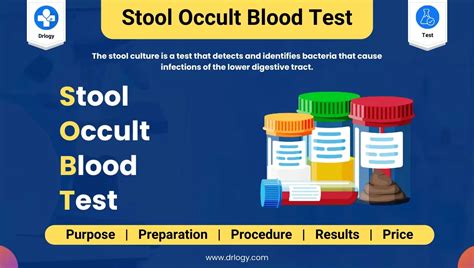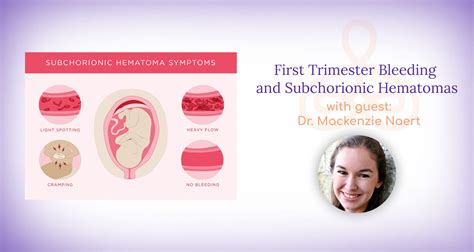What Is Stool Occult Blood Test? Detecting Hidden Issues

The stool occult blood test, also known as the fecal occult blood test (FOBT), is a diagnostic tool used to detect the presence of hidden blood in stool samples. This test is crucial in identifying gastrointestinal disorders, such as colon cancer, ulcers, and inflammatory bowel disease, which can cause bleeding in the digestive tract. The primary goal of the stool occult blood test is to detect tiny amounts of blood that are not visible to the naked eye, hence the term “occult” meaning hidden.
How the Test Works
The stool occult blood test is a simple, non-invasive procedure that requires a small sample of stool. The sample is then treated with a chemical reagent that reacts with the hemoglobin in red blood cells. If blood is present, the reagent will cause the sample to change color, indicating a positive result. There are two main types of stool occult blood tests: guaiac-based tests and immunochemical tests.
Guaiac-based tests, such as the traditional FOBT, rely on the peroxidase activity of hemoglobin to produce a color change. These tests are sensitive to the presence of blood, but they can be affected by certain foods and medications, which can lead to false-positive results. Immunochemical tests, on the other hand, use antibodies to detect specific proteins found in human blood, making them more specific and sensitive than guaiac-based tests.
Why Is the Stool Occult Blood Test Important?
The stool occult blood test is an essential screening tool for several reasons:
- Early Detection of Colon Cancer: Colon cancer is one of the most common types of cancer worldwide. The stool occult blood test can detect hidden blood in the stool, which can be an early sign of colon cancer. Early detection is critical, as it can significantly improve treatment outcomes and survival rates.
- Identification of Gastrointestinal Disorders: The test can help identify other gastrointestinal disorders, such as ulcers, inflammatory bowel disease, and diverticulitis, which can cause bleeding in the digestive tract.
- Monitoring of Gastrointestinal Health: The stool occult blood test can be used to monitor the effectiveness of treatments for gastrointestinal disorders and to detect any potential complications.
Interpreting the Results
A positive result on the stool occult blood test indicates the presence of blood in the stool. However, it does not necessarily mean that the individual has a serious underlying condition. Further testing, such as a colonoscopy or upper endoscopy, may be required to determine the cause of the bleeding.
A negative result, on the other hand, suggests that no blood was detected in the stool. However, it is essential to note that the test is not foolproof, and some cases of bleeding may not be detected.
Preparation and Procedure
To ensure accurate results, it is essential to follow the preparation instructions carefully:
- Dietary Restrictions: Avoid eating certain foods, such as red meat, horseradish, and turnips, which can affect the test results.
- Medication: Inform your healthcare provider about any medications you are taking, as some may interfere with the test.
- Stool Sample Collection: Collect a small sample of stool using a special collection device or a clean container.
- Testing: The stool sample will be sent to a laboratory for analysis.
FAQ Section
What is the purpose of the stool occult blood test?
+The stool occult blood test is used to detect the presence of hidden blood in stool samples, which can be an early sign of gastrointestinal disorders, such as colon cancer, ulcers, and inflammatory bowel disease.
How is the stool occult blood test performed?
+The test involves collecting a small sample of stool and treating it with a chemical reagent that reacts with the hemoglobin in red blood cells. If blood is present, the reagent will cause the sample to change color, indicating a positive result.
What are the types of stool occult blood tests?
+There are two main types of stool occult blood tests: guaiac-based tests and immunochemical tests. Guaiac-based tests rely on the peroxidase activity of hemoglobin, while immunochemical tests use antibodies to detect specific proteins found in human blood.
In conclusion, the stool occult blood test is a vital tool in the detection and diagnosis of gastrointestinal disorders. By understanding the test’s purpose, procedure, and interpretation, individuals can take a proactive approach to their gastrointestinal health and seek medical attention if they experience any symptoms or have concerns about their digestive health.



